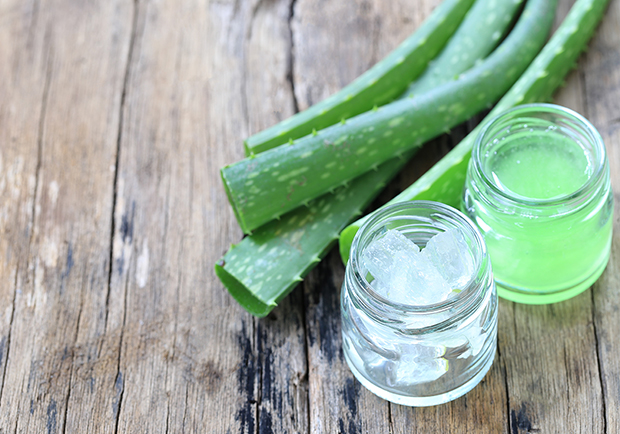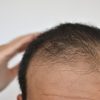
A thick, lustrous mane is often seen as a symbol of beauty and vitality. However, many individuals struggle with hair loss or thinning, leading to feelings of self-consciousness and frustration. While genetics play a significant role in hair growth patterns, there are several natural steps you can take to promote healthy hair growth and maintain a healthy scalp.
Understanding the Hair Growth Cycle
Hair growth is a complex process that involves three distinct phases:
- Anagen: This is the active growth phase, lasting for an average of 2-7 years. During this phase, hair follicles produce new hair cells, resulting in hair growth.
- Catagen: This transition phase marks the end of the active growth cycle and lasts for about 2-3 weeks. During this phase, the hair follicle shrinks and detaches from the dermal papilla, the source of hair growth.
- Telogen: This resting phase lasts for about 3-4 months. During this phase, the hair follicle remains dormant, and the hair remains anchored in the scalp until it is pushed out by a new hair during the next anagen phase.
Factors Affecting Hair Growth
Various factors can influence hair growth, including:
- Genetics: Your genetic predisposition plays a significant role in hair growth patterns, including hair thickness, texture, and susceptibility to hair loss.
- Age: As we age, the anagen phase shortens, leading to thinner hair and slower hair growth.
- Hormonal Changes: Hormonal fluctuations, such as those during pregnancy, menopause, or thyroid disorders, can impact hair growth.
- Nutritional Deficiencies: A lack of essential nutrients, such as iron, zinc, or biotin, can contribute to hair loss.
- Medical Conditions: Certain medical conditions, such as autoimmune diseases or scalp infections, can affect hair growth.
- Stress: Chronic stress can disrupt the hair growth cycle and lead to hair loss.
Natural Remedies for Hair Growth
While there is no one-size-fits-all solution for hair growth, several natural remedies have shown promise in promoting healthy hair growth and preventing hair loss.
- Scalp Massage: Regular scalp massages can increase blood flow to the scalp, stimulating hair follicles and promoting hair growth. Use your fingertips to gently massage your scalp in a circular motion for 5-10 minutes, 2-3 times a week.
- Coconut Oil: Coconut oil has moisturizing and anti-inflammatory properties that can help nourish and protect the scalp. Apply coconut oil to your scalp and hair, leave it in for 30 minutes to an hour, and then shampoo it out.
- Aloe Vera: Aloe vera gel is known for its soothing and hydrating properties. Applying aloe vera gel to the scalp can help relieve scalp dryness and irritation, promoting a healthy scalp environment for hair growth.
- Rosemary Oil: Rosemary oil has shown potential in promoting hair growth in some studies. Mix a few drops of rosemary oil with a carrier oil like coconut oil and massage it into your scalp.
- Onion Juice: Onion juice contains sulfur, which may help stimulate hair growth. Apply onion juice to your scalp, leave it in for 30 minutes, and then shampoo it out.
- Green Tea: Green tea is rich in antioxidants that can help protect hair follicles from damage. Drinking green tea or applying green tea rinses to your hair may promote hair growth.
- Eggs: Eggs are a rich source of protein, which is essential for hair growth. Apply a hair mask made with egg yolk to your hair, leave it in for 30 minutes, and then shampoo it out.
- Fish Oil: Fish oil contains omega-3 fatty acids, which can help reduce inflammation and promote hair growth. Consume fish oil supplements or include fish in your diet.
- Avoid Harsh Hair Care Practices: Avoid using excessive heat styling tools, harsh shampoos, or tight hairstyles, as these can damage hair and hinder growth.
- Maintain a Healthy Lifestyle: A balanced diet, regular exercise, and adequate sleep can all contribute to overall health and promote healthy hair growth.
Remember, consistency is key when it comes to natural hair growth remedies. It may take several weeks or even months to see noticeable results. If you experience any scalp irritation or hair loss concerns, consult a dermatologist or trichologist for personalized advice.








